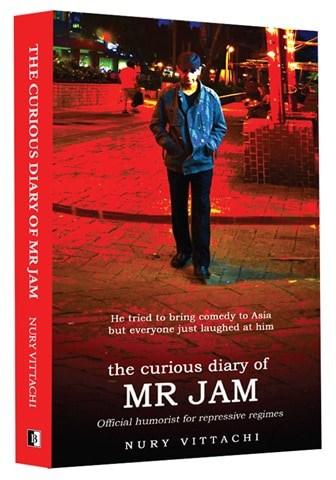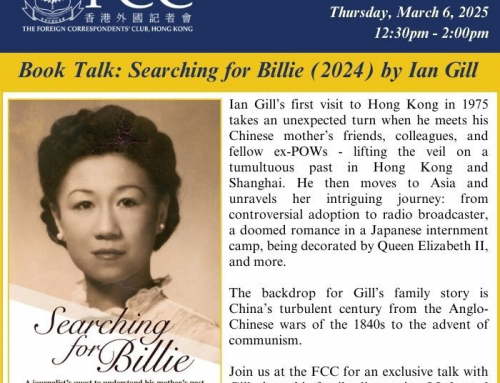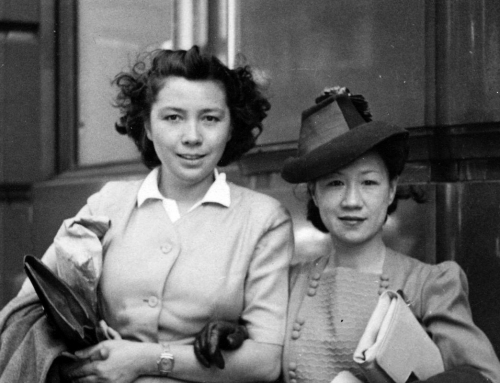 Asians have a powerful sense of humour with a long history, a study says. But the region lost its ability to laugh 60 years ago and is only now regaining it.
Asians have a powerful sense of humour with a long history, a study says. But the region lost its ability to laugh 60 years ago and is only now regaining it.
- Self-deprecating humour, associated with Jewish and British comedy, existed in Asia for more than 1,000 years.
- In ancient China, aristocrats kept comedians in their homes, and in India, taxpayers covered the cost of a vidushak, a jester to keep the king in a good mood.
- Mohammad, the founder of Islam, has more jokes recorded than Jesus or Buddha.
Humour is a natural part of Asian society although people around the word — including Asians themselves — think people on the east side of the world are less funny than those in the west, says Nury Vittachi, who is researching humour at Hong Kong Polytechnic University.
“Chairman Mao created a humour inspectorate which banned jokes, but he himself missed them and secretly had comedians performing for his dinner guests,” he said.
Many seemingly modern comedy formats, such as the one-liner, the set-up/punchline joke, and even situational humour, can be found in ancient records in Asia, according to the researcher’s new book, The Curious Diary of Mr Jam.
But although humour has a long history in Asia, public displays of comedy largely vanished 60 years ago, causing the region to get its reputation as a humourless place. “A long series of unfunny political events, including the communist takeover of China and Indochina, the rise of heavy media censorship, and the taking of power by ‘strongman’ leaders such as China’s Chairman Mao, Indonesia’s Sukarno and Singapore’s Lee Kuan Yew, led to Asia losing its ability to laugh,” Vittachi says. “You joked about the wrong person and you were in huge trouble.”
The Curious Diary of Mr Jam: Official Humorist for Repressive Regimes is published by Blacksmith Books at US$14.95 / HK$118, and is also available as an e-book (US$7.99) for Kindle, Nook, Kobo and other e-readers.





Leave A Comment